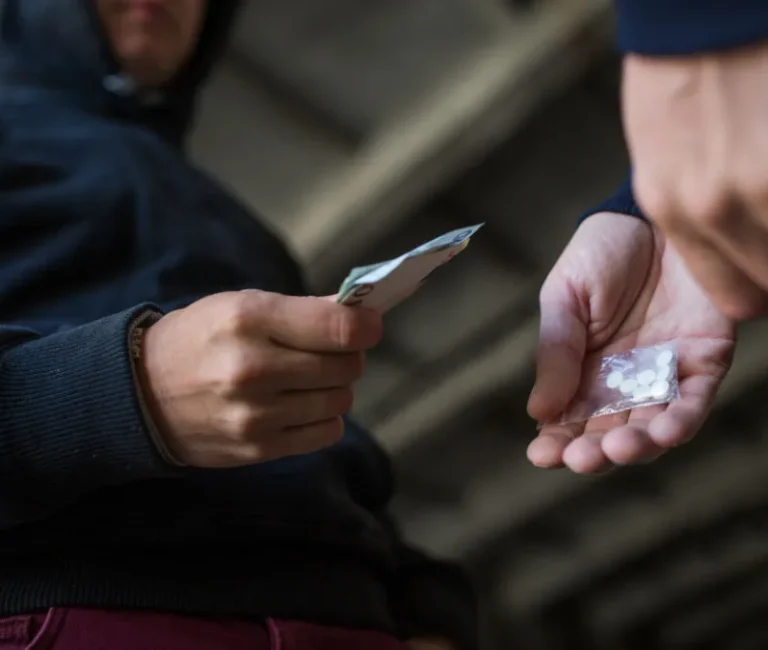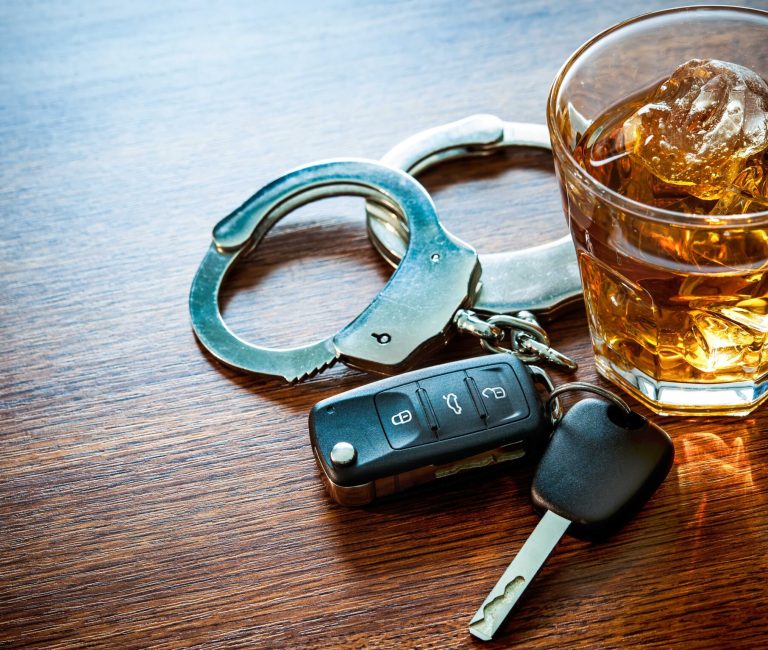Human Trafficking

Human trafficking typically involves the recruitment, transport, or harbouring of individuals for the purpose of exploitation. The act of trafficking can occur both within the UK and across national borders.
Under the Modern Slavery Act 2015, the key human trafficking offences are:
- Trafficking People for the Purpose of Exploitation: This is the core offence of human trafficking, and it involves transporting or recruiting people to exploit them in various ways. Exploitation includes sexual exploitation, forced labour, domestic servitude, and criminal exploitation.
- Exploitation under the Modern Slavery Act: The offence is not limited to crossing international borders but can also apply to the exploitation of people within the UK, such as through sexual abuse, forced labour, or selling and trading individuals for illegal purposes.
The reasons traffickers exploit people vary, but the primary forms of exploitation include:
- Sexual Exploitation: Trafficked individuals may be forced into sex work, including prostitution, pornography, or other forms of sexual abuse.
- Labour Exploitation: This can involve forced or coerced labour in industries such as agriculture, construction, or domestic work.
- Criminal Exploitation: Victims may be trafficked to commit criminal acts, such as drug trafficking, petty theft, or even forced involvement in organised crime.
- Domestic Servitude: Trafficked individuals may be forced to work in private homes as domestic servants, often enduring physical and emotional abuse.
Defences
If you have been charged with human trafficking, there are several potential defences that may apply, depending on the circumstances of your case. Some common defences include:
- Lack of Knowledge or Intent: The prosecution must prove that the defendant knowingly trafficked a victim. If you did not know that the person you were assisting was being trafficked or exploited, this could form part of your defence.
- Coercion or Duress: If you were forced or threatened into committing the offence (for example, by organised criminal groups), this could be a defence in certain cases. A claim of duress may be used to show that you were acting under threat of harm.
- Mistaken Identity: In some cases, an individual may be accused of trafficking due to mistaken identity or an incorrect association. Proving that you were not involved in any trafficking activities could lead to a dismissal of charges.
- No Intent to Exploit: If you facilitated the movement or accommodation of individuals but had no intention to exploit them, you may be able to argue that the exploitation was not part of your plan.
- Unknowingly Harbouring Victims: It’s possible that someone may unknowingly be housing or transporting a victim of trafficking. In these cases, you may be able to argue that you were unaware of the exploitation taking place.
Penalties for Human Trafficking Offences
Human trafficking offences are treated extremely seriously under the Modern Slavery Act 2015 and carry severe penalties. The punishment for those convicted of human trafficking depends on the specific offence committed and the level of exploitation involved.
- Trafficking for Exploitation: Those convicted of human trafficking offences under Section 2 of the Modern Slavery Act face up to life imprisonment if found guilty.
- Offences Related to Exploitation: Individuals found guilty of exploiting a victim of trafficking can face up to life imprisonment as well.
- Conspiracy or Assisting Trafficking: In some cases, individuals involved in trafficking rings, including those who assist traffickers, may face long prison sentences.
The Serious Crime Act 2015 allows for a minimum sentence of 5 years for those involved in human trafficking where there are aggravating circumstances (for example, where the victims are children or vulnerable adults).
How We Can Help
If you have been arrested or are under investigation for a human trafficking offence, it is crucial that you seek immediate legal advice. The consequences of a conviction for trafficking or exploitation are severe, and you will need a solicitor with expertise in complex criminal law to navigate the legal process effectively.
At Lostock Legal, we have a team of highly experienced criminal defence lawyers who are experts in defending clients accused of human trafficking. We can help you by:
- Providing Immediate Advice: If you are under investigation or have been arrested, we can offer clear, practical legal advice to protect your rights and explain your options.
- Defending Your Case: We will thoroughly investigate the facts of your case, assess the evidence against you, and explore all potential defences. Our goal is to secure the best possible outcome for you.
- Challenging Evidence: In human trafficking cases, the evidence against you may include witness testimony, financial records, or physical evidence. Our solicitors will scrutinise this evidence and challenge anything that may be inaccurate or unreliable.
- Appealing Convictions: If you have been convicted of human trafficking, we can advise you on the possibility of appealing the conviction or sentence. Our experienced solicitors will assess whether there are grounds for an appeal based on legal errors, new evidence, or changes in the law.
- Support for Vulnerable Defendants: Human trafficking cases often involve vulnerable defendants who may have been coerced or manipulated into committing offences. We are sensitive to the needs of vulnerable clients and can work with experts to present a defence that takes these factors into account.
High Success Rate
Expert Legal Services
Highly Recommend
Free Consultation
Drop Us a Line
Trust our firm to deliver the results you deserve...
Let Us Help You
As the UK’s premier defence specialists, we represent clients throughout England and North Wales with unparalleled success. Our expert solicitors possess intimate knowledge of court procedures in every jurisdiction across the nation, having built a reputation for excellence in even the most challenging venues.
Need guidance on your case? Contact us today for a free, confidential consultation and discover how our proven strategies could protect your future.
I am a young driver who has just passed his test. Got stopped for being on my mobile phone,which i denied. Aftab Bakhat handled my case start to finish and… read more won the case at trial. If you need proper advice and dedication and attention to detail then contact these guys. Well recommended
13 October 2024
Great service very professional i got to keep my license after a speeding offence Alex is highly recommended
13 October 2024
Very helpful with their advice. They didn’t even ask for payment and didn’t mention it.
13 October 2024
Discover Frequently Asked Questions from Our Support
It involves recruiting, transporting, or harbouring individuals for exploitation — including sexual abuse, forced labour, domestic servitude, or criminal activity.
No. Exploitation within the UK also qualifies as trafficking under the Modern Slavery Act 2015.
Convictions can result in up to life imprisonment, especially where children or vulnerable adults are involved.
Possibly not. Lack of intent or knowledge may form part of a defence, but legal advice is essential to assess your position.
Common defences include mistaken identity, lack of intent to exploit, coercion or duress, and being unaware of the exploitation taking place.




